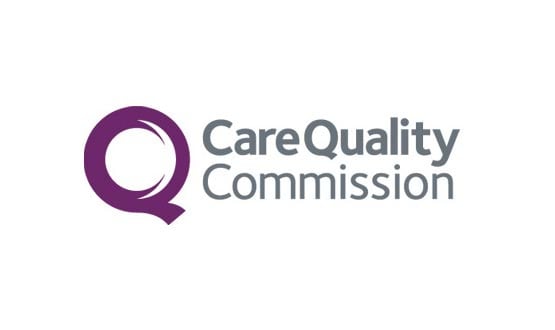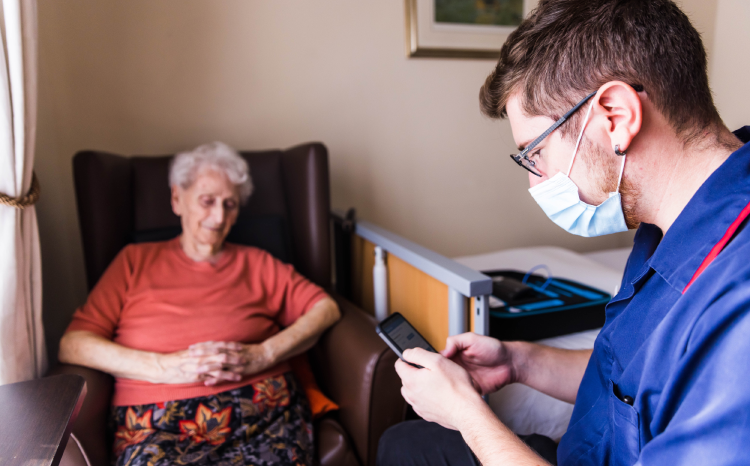Poor IT systems factored in CQC failings, says DHSC report
- 30 July 2024

- IT problems contributed to failings at CQC, says DHSC interim report
- The review into CQC found issues with the provider portal and the regulatory platform
- Kate Terroni, interim chief executive at CQC, said work is ongoing to improve the portal
‘Significant problems’ with IT systems, most notably the provider portal, contributed to failings at Care Quality Commission (CQC), a Department of Health and Social Care (DHSC) review found.
An interim report of the review, led by Dr Penny Dash, chair of the North West London Integrated Care Board, published on 26 July 2024, listed IT system problems among the reasons for the CQC’s “significant failings”.
Dr Dash identified a “substantial loss of credibility within the health and social care sectors, a deterioration in the ability of CQC to identify poor performance and support a drive to improved quality – and a direct impact on the capacity and capability of both the social care and the healthcare sectors to deliver much needed improvements in care”.
New IT systems were introduced into CQC from 2021 onwards, with the provider portal, an online system that enables registered health and social care providers to submit statutory notifications and apply to make changes to their registration quickly and efficiently, going live in July 2023.
A regulatory platform, which was intended to improve operations and communications with providers, was introduced in November 2023 for assessment and was expanded to include registration and enforcement by April 2024.
The portal and platform were aimed to enable a move to a more insight-driven approach to regulation by highlighting emerging risks and supporting more risk-informed, responsive assessments.
However, the review found that the new systems “resulted in significant problems for users”, such as not being able to easily upload documents, problems if a named user was away, taking hours to receive a password reset, and taking staff away from delivering or supporting frontline care.
“The review has concluded that poorly performing IT systems are hampering CQC’s ability to roll out the single assessment framework (SAF) and cause considerable frustration and time loss for providers,” the report says.
Dr Dash highlighted urgent actions CQC can take to rebuild its credibility, including overhauling the inspection and assessment system, rapidly improving operational performance and fixing IT systems.
In response to the report, Kate Terroni, interim chief executive at CQC, said that the commission is working to “restore trust with the public and providers by listening better, working together more collaboratively and being honest about what we’ve got wrong”.
She added that work is ongoing to improve the IT systems, including the provider portal and CQC would be “listening to providers and to our colleagues about the improvements that are needed and how we can design solutions together”.
“We’ll be working with people who use services and providers to develop a shared definition of what good care looks like.
“And we’re also developing a new approach to relationship management that enables a closer and more consistent contact point for providers,” Terroni said.
In a statement responding to the review, published on 26 July 2024, health secretary Wes Streeting said that the CQC is “not fit for purpose”.
The CQC has appointed Professor Sir Mike Richards to conduct a targeted review of how the SAF is working for NHS trusts.





